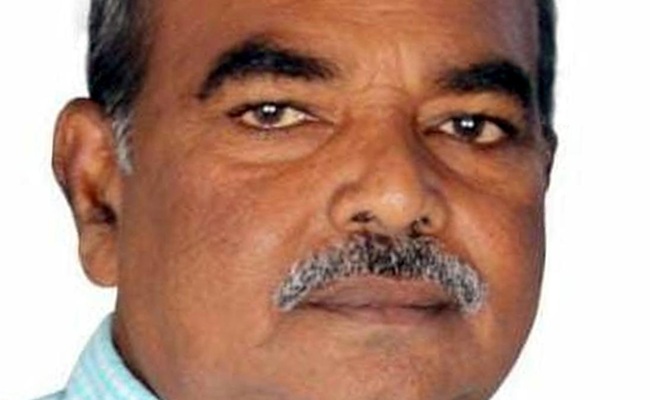R. Mahaboob Basha: An Emerging Challenge for Andhra Pradesh’s TDP Government
In Andhra Pradesh, Chief Information Commissioner R. Mahaboob Basha has recently emerged as a noteworthy challenge for the ruling Telugu Desam Party (TDP) led by Chief Minister N. Chandrababu Naidu. Appointed in October 2022 during the tenure of former Chief Minister Y. S. Jagan Mohan Reddy, Basha’s actions have sparked significant tension within the current administration.
A Journalist Turned Commissioner
Basha, a native of YSR Kadapa district, was previously the chief reporter for the Sakshi newspaper, owned by Jagan Mohan Reddy. His extensive background in journalism has provided him with a unique perspective, now leveraged in his role as Chief Information Commissioner. Alongside other notable journalists—P. Samuel Jonathan from The Hindu and Rehana from NTV—Basha was appointed to the key position aimed at ensuring transparency in governance.
Constitutional Protections of Office
The appointments of Information Commissioners are constitutionally protected, allowing them to maintain their positions even amidst political reshuffles. Their three-year terms are set to last until October 2025, complicating any potential efforts by the TDP government to replace them. This legal safeguard gives Basha a unique platform, amplifying the friction between his office and the government.
Increased Tensions with the Government
While other commissioners have maintained generally cooperative relationships with the TDP administration, Basha has reportedly been a source of contention. Observers note that his ongoing allegiance to his former employer, Jagan Mohan Reddy, could be influencing his behavior. Recent reports indicate Basha has taken steps such as implementing pay cuts for staff at the Right to Information (RTI) Commission who were appointed during Naidu’s earlier administration.
Controversy Over Appointments
The most recent incident highlighting Basha’s defiance involves the appointment of IAS officer V. Anjaneyulu as Secretary of the RTI Commission. Basha openly expressed concerns regarding the autonomy of the Commission, stating, “We are strongly advising the government not to post such officers to the Commission. How can responsibilities be assigned without our consultation?” This bold move has fueled speculation about the growing divide between Basha and the TDP government.
Stalled Attempts at Leadership Transition
When Anjaneyulu attempted to assume his post, he was met with unexpected resistance. On May 5, staff were instructed to lock the Secretary’s chamber, barring him from entry. Following this, he temporarily relocated to the legal secretary’s office, but Basha swiftly ordered that room to remain locked as well, further complicating Anjaneyulu’s situation. Basha’s directive for staff not to cooperate with Anjaneyulu raises questions about internal governance within the RTI Commission.
Government’s Response and Future Outlook
Despite Basha’s overt defiance, the TDP government’s lack of response has raised eyebrows among political observers. As this situation unfolds, many are left wondering how the TDP administration will address this challenge. Will they seek a resolution or allow Basha’s actions to set a precedent? The implications of this standoff could have lasting effects on the relationship between the government and the information commission in Andhra Pradesh.
